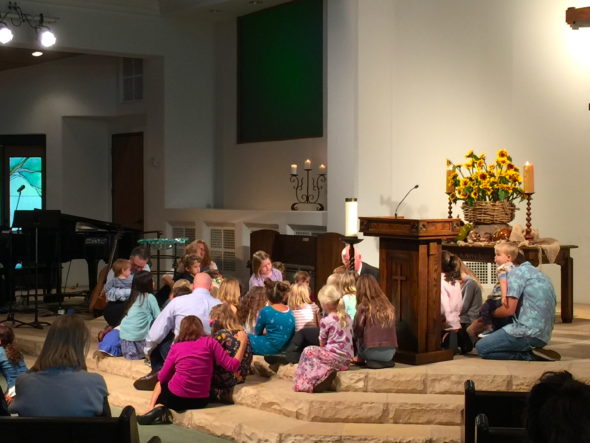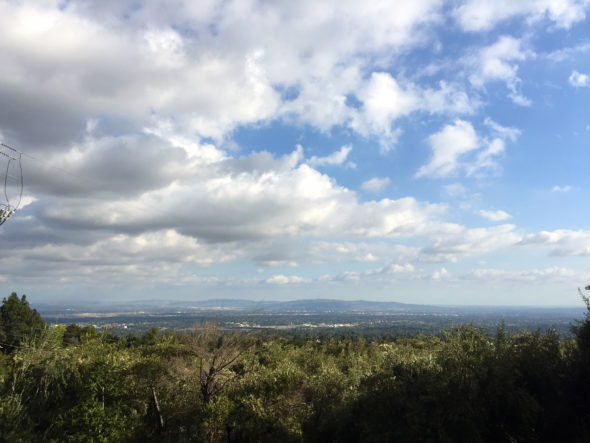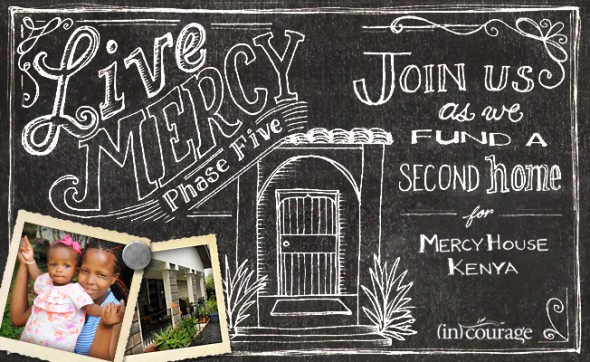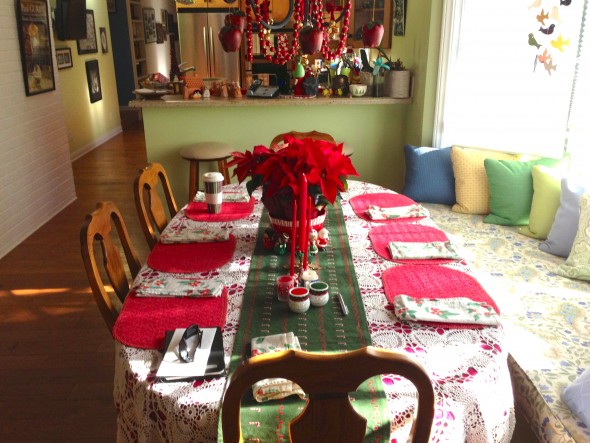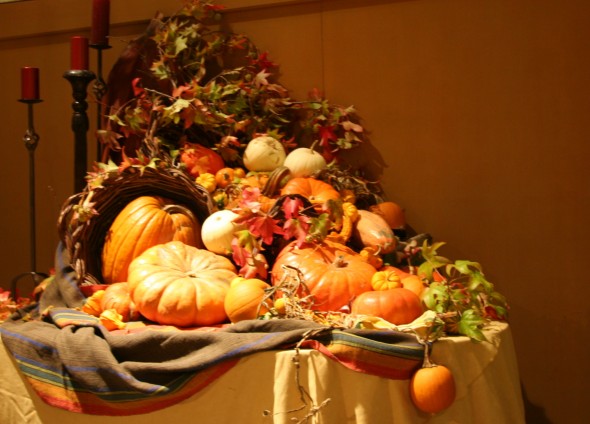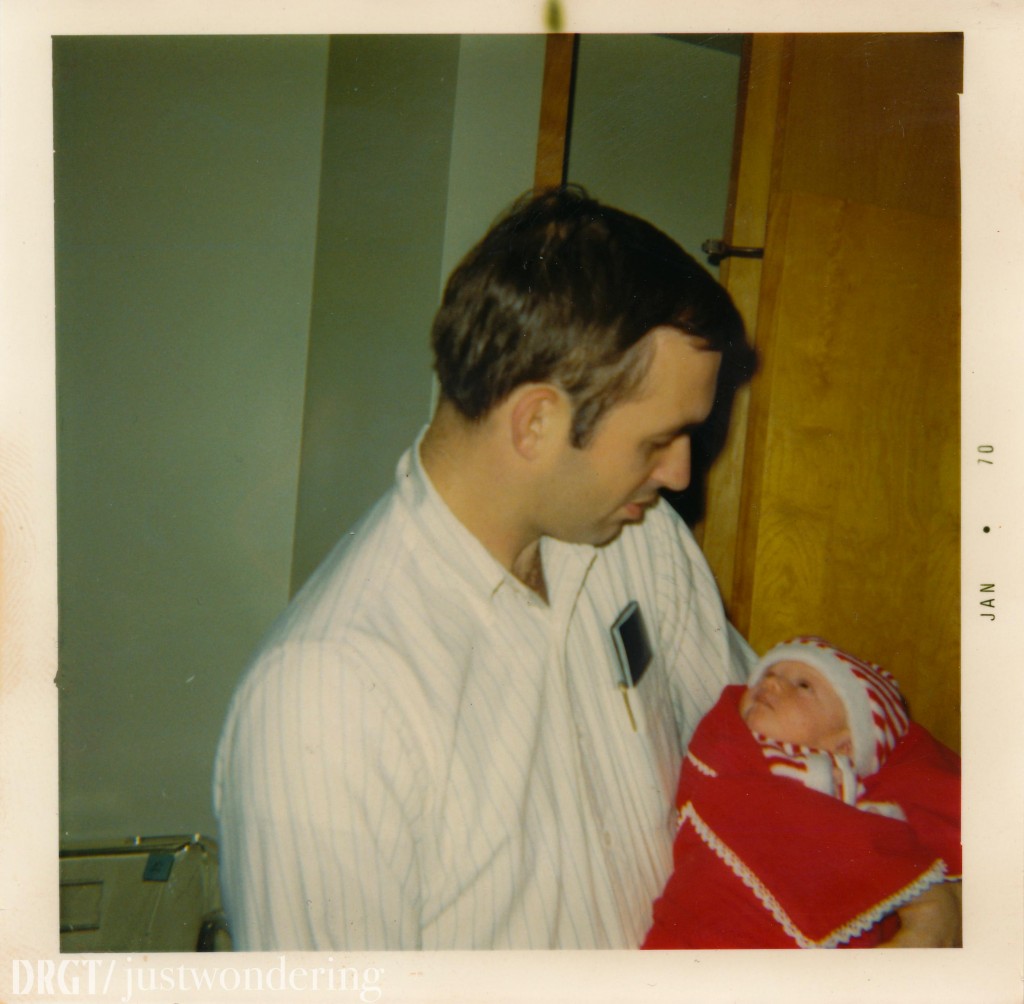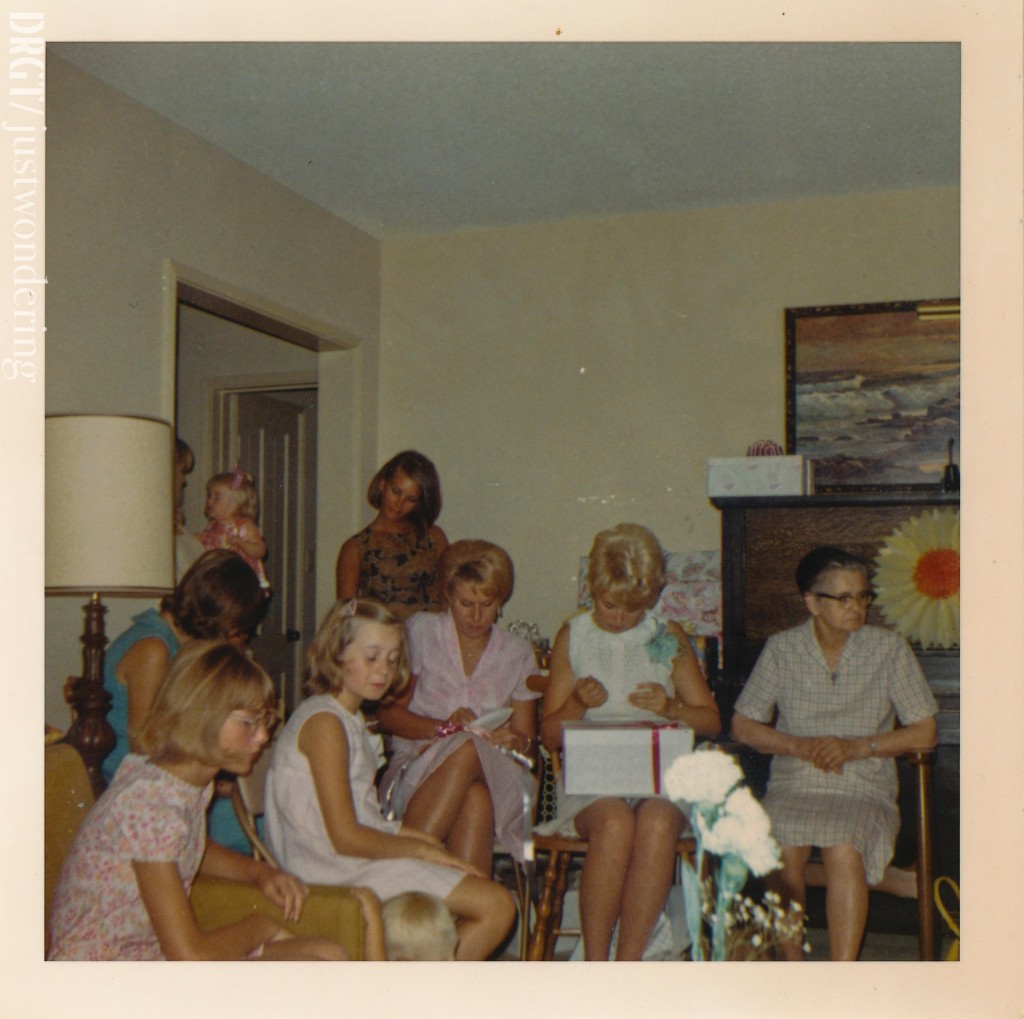Matthew 18:1-7
At that time the disciples came to Jesus and asked, “Who is the greatest in the kingdom of heaven?” He called a child, whom he put among them, and said, “Truly I tell you, unless you change and become like children, you will never enter the kingdom of heaven. Whoever becomes humble like this child is the greatest in the kingdom of heaven. Whoever welcomes one such child in my name welcomes me.
“If any of you put a stumbling block before one of these little ones who believe in me, it would be better for you if a great millstone were fastened around your neck and you were drowned in the depth of the sea. Woe to the world because of stumbling blocks! Occasions for stumbling are bound to come, but woe to the one by whom the stumbling block comes!
Oh, man, I do not want to be a stumbling block. Ever. Yet, most assuredly, I have been exactly that at points in my life. I look back on my own days of mothering little ones and far too often, I cringe. I am sure I got in the way of my own kids, far too often.
Lord, have mercy.
And as I’ve gotten older, I’ve asked for ‘eyes to see’ who the little ones around me truly are. That includes the little ones inside me, too. I do believe that one of the most essential parts of ‘growing up’ is acknowledging that we are perpetually little. And that being little is okay. In fact, as we acknowledge our own littleness, as we learn to bring those younger versions of ourselves out into the light of God’s love, healing happens. Deep healing. The kind of healing that changes us from the inside out. The kind of healing that might even change the world, if we let it.
Lord God of the little ones, give me a heart that welcomes the littleness in each person I meet. Remind me that saying, “I don’t know,” or “be careful,” or “are you doing okay?” is one way of making space for littleness. In fact, becoming vulnerable, dependent, increasingly open to joy and beauty — these are ways in which we welcome you. Because it is in welcoming the little that we discover YOU, over and over and over again.
